Inflammation isn’t always the bad guy
Inflammation is our body’s natural way of repairing itself. So should we really be stopping inflammation with drugs and ice?
What happens during inflammation?
To put it very simply, inflammation helps delivery the good stuff, like white blood cells, to the injury site to help clean up the damage, as well as growth factors to help repair the area.
The stages of inflammation vary and overlap, with haemostasis occurring for the first few hours after injury, inflammation for around 1–3 days, proliferation for 4–21 days and remodelling 21 days-1 year. The length of these stages are affected by the circumstances surrounding the injury, the person’s general health, etc. So by reducing inflammation, we can actually be slowing down the healing process.
If you’re a patient of mine, hopefully you know that I’m absolutely not anti-drug (my dad is a pharmacist after all!). But I do think we should be mindful of when and how we use them.
Inflammation should be managed, rather than stopped
So when is inflammation bad?
Inflammation that is excessive in amounts, lasts longer than we would expect (chronic inflammation), or inflammation that occurs when it shouldn’t (e.g. autoimmune diseases) is where we start to run into problems. If you are concerned about the amount of inflammation you’re experiencing, please see a medical professional.

